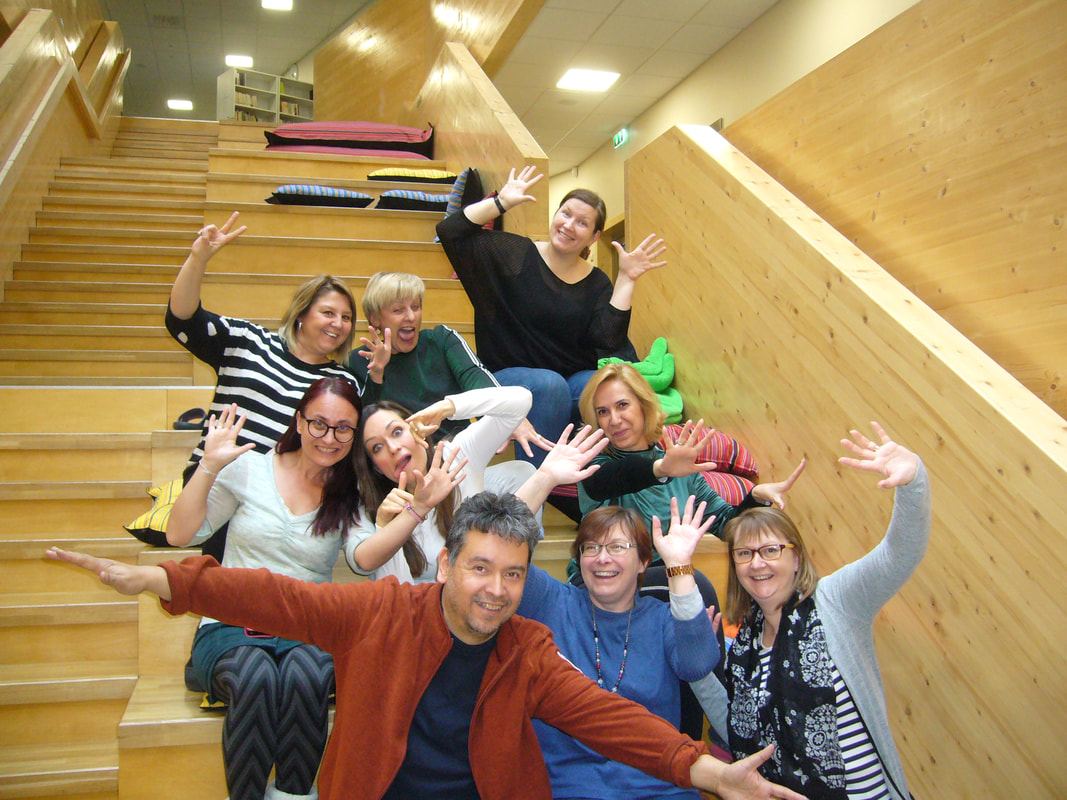
Written by:
Yvonne Luce, Global Education Derby (4 June 2020)
As things stand 2020 appears to be a year that will go down in history as a cataclysmic year. From impeachment trials, bush fires, plane crashes, assassinations, extreme weather, pandemics, locust swarms, political, social and economic tensions abound. 
(Credit: Meme_Insurgent https://www.memedroid.com/memes/detail/2870566/2020-So-far )
Where do young people go to inform their opinions on events in the news? Less reliant on traditional news sources such as newspapers and television they turn to online chat groups, video channels and social media platforms as key sources of information and validation.
http://www.digitalnewsreport.org/survey/2019/how-younger-generations-consume-news-differently/ A cocktail of crises lends itself to the emergence of scams, controversy theories, fake news and misinformation. Human insecurity and vulnerability is open to exploitation. Sometimes hoax stories are spread as fun or satire. No lasting harm is done. At the other extreme misinformation can result in anxiety, fear, financial loss, radicalisation or abuse. How can we fine tune our critical thinking skills to recognise manipulation and build a balanced, rounded approach to the stories we hear? 1. Ask Questions It is very easy to passively accept information without thinking about the bigger picture. Where has this story come from? Is it biased? Are there any facts missing? Is the source reliable? Can I check these facts out for myself? 2. Check out images Often stories can be based on rumour or recycled from similar events in other times or places. Photographs can be cropped or edited to underline a message that is unrelated to the original image. Visual images are very powerful but easy to misuse or misrepresent to support an online claim. The photograph below was used to claim that riots were happening in London in June 2020.
3. Think for Yourself Fake stories are designed to be persuasive. If the narrative is being shared by a respected friend or someone we admire it can be difficult to reject it. Always think for yourself. Is the story over simplified? Does it scapegoat a person or group in society? Does it make connections that seem far-fetched or dubious? Is it too good to be true? Look for the warning signs and keep an open mind. 4.Get out of your echo chamber All of us have preferences. We feel drawn to a particular view of the world and gravitate to those who appear to hold similar values, interests or backgrounds. Online interactions can become trapped in an echo chamber where we are insulated from alternative perspectives. We encounter similar viewpoints many times. This can reinforce our assumptions and misunderstandings. Be aware of your biases and seek to engage with difference. It can help you gain insight into issues from more varied perspectives and deepen understanding. 5. Be aware of your filter bubble Every online search and interaction we make is tracked one way or another. It means that the content we see is designed to capture our attention and keep us engaged. What we view online is tailored to match our personal interests and profile. This can be useful. This is why a mobile phone notifications arrives soon as your favourite footballer gets his big money transfer or that new car model is officially launched. It is exciting to be first with the news but always remember, we are only ever seeing part of the bigger picture. 6 Research, research, research No matter how savvy we are it is easy to be charmed by a well-crafted story. Otherwise we may not choose to buy that new ice cream or donate to a deserving charity. There is also the danger we could get duped into neglecting our health, disrespecting our neighbours or make important decisions based on faulty information. Independent fact checking websites exist analysing online stories for the benefit of the public. If a story is troubling you, it is well worth checking these out. Maybe you will find more focusing on viral stories in your community. https://www.snopes.com/ - USA https://infotagion.com/ - UK https://fullfact.org/ - UK
0 Comments
|
AuthorBlogs written by the Thinking Otherwise team. Archives
September 2021
Categories |
|


 RSS Feed
RSS Feed


